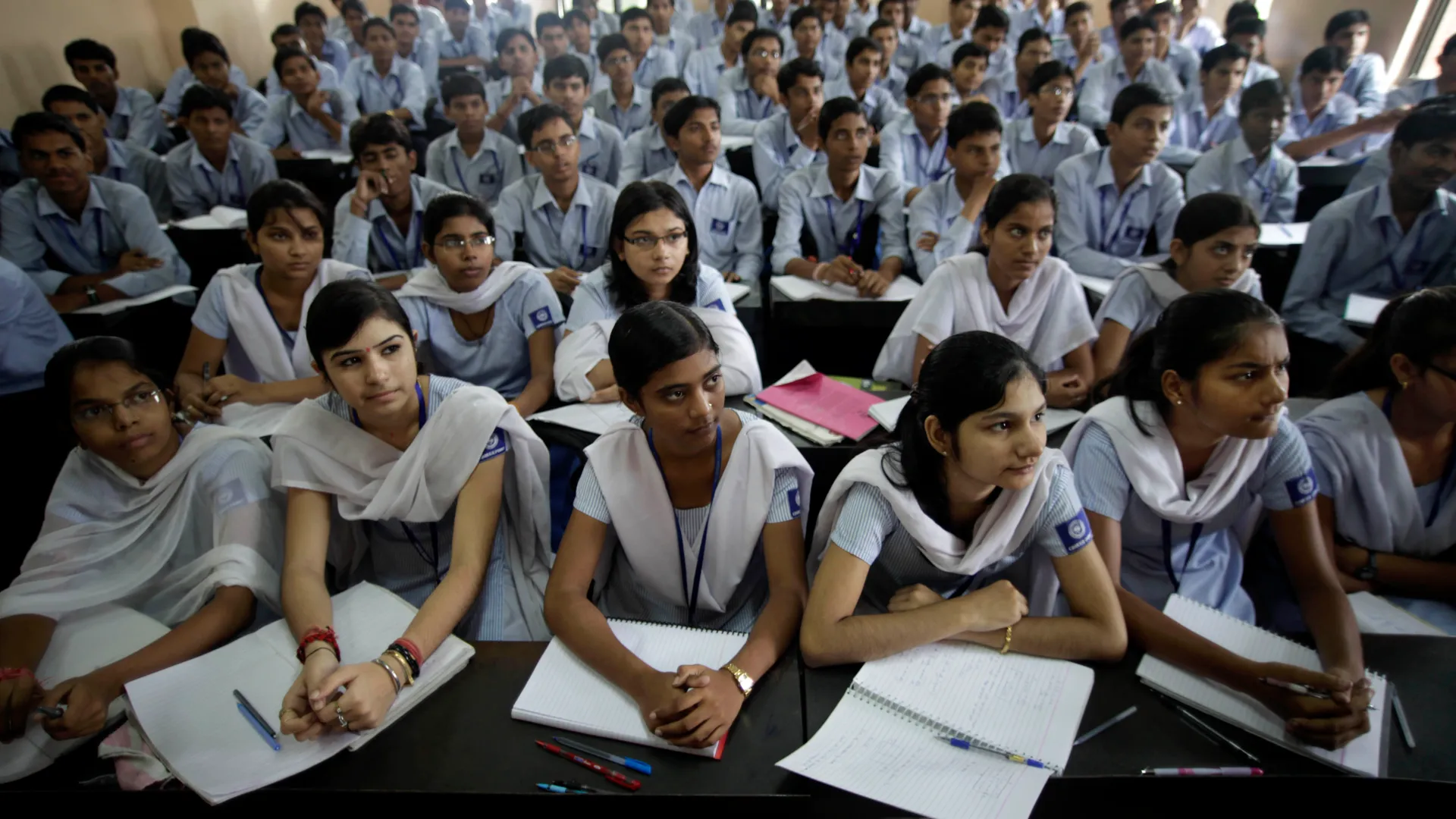The Indian government has initiated steps to overhaul the competitive process for medical entrance exams, appointing a committee to recommend reforms amidst widespread controversy. This follows calls for a rerun of a recent National Eligibility Cum Entrance Test (NEET) after suspicions of irregularities arose when a large number of candidates achieved abnormally high scores, triggering allegations of cheating and protests.
NEET serves as the primary gateway for students aspiring to study medicine in India, with millions of hopefuls appearing annually. However, only a small fraction secure admissions due to the exam’s intense competition. The results announced on June 4th exacerbated concerns as even traditionally high-scoring candidates faced difficulties in securing placements.
Issues with the exam have ranged from alleged errors in question papers to the contentious awarding of grace marks and even instances of fraud. Reports surfaced of exam scores deemed statistically impossible, leading to legal challenges, including a case before the Supreme Court regarding the validity of grace marks.

Crisis and Controversy Overhauling India’s Medical Entrance Exams
Education Minister Dharmendra Pradhan acknowledged “irregularities” that had been uncovered, underscoring the severity of the situation. The controversy deepened with the dismissal of Subodh Kumar Singh, head of the National Testing Agency (NTA), amidst intense scrutiny and criticism.
In addition to the NEET debacle, a qualifying exam for PhD fellowships was canceled due to a leaked question paper, further tarnishing the credibility of India’s examination system. Similarly, an impending post-graduate medical entrance exam was postponed abruptly, affecting over 200,000 registered candidates just hours before its scheduled start.
The fallout from these incidents has ignited widespread protests across the country, with opposition parties and student groups condemning the lapses and holding the government accountable. Rahul Gandhi, leader of the Congress Party, criticized Prime Minister Narendra Modi’s administration for what he described as damaging the country’s education system amidst soaring youth unemployment and a sense of national crisis.
Despite the scathing criticism and protests, the government faces mounting pressure to address the systemic flaws and restore public trust in India’s educational assessments, which are crucial for the aspirations of millions of students seeking higher education opportunities.











































